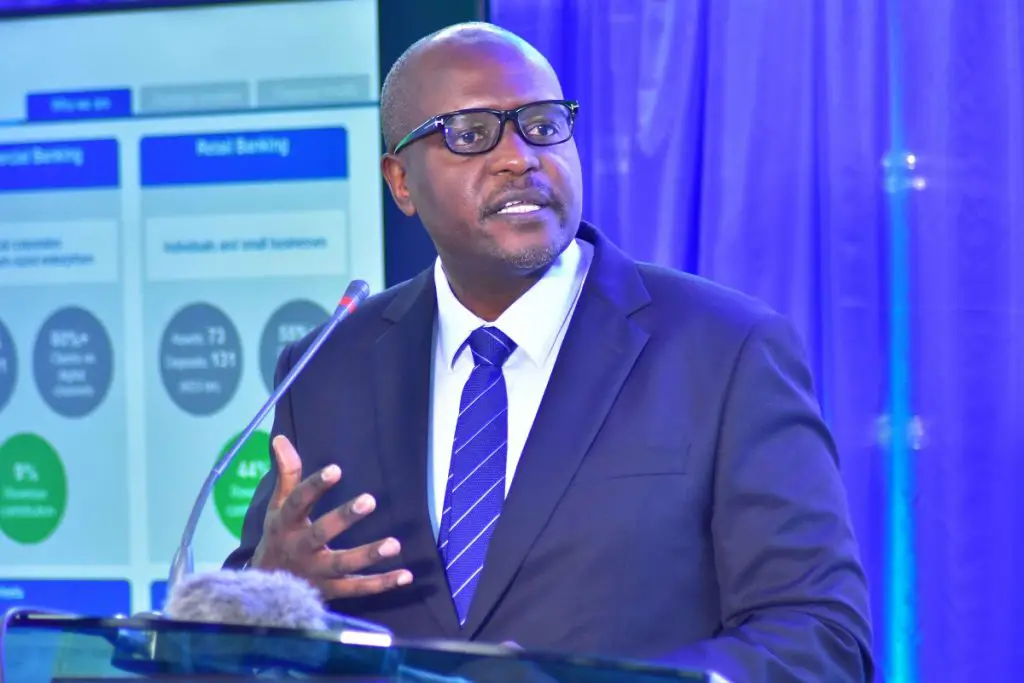- Africa’s new dawn: the rising role of digital and AI in agriculture
- Can Dangote Refinery Transform Africa Energy Ambition
- Gallup Survey: 80 per cent of Kenyan Workers Are Disengaged and Seek New Opportunities
- Madagascar Man Freed from 5KG Tumor After 15-Year Struggle
- How women in Africa are perceived and treated
- Sugar consumption in Kenya to Increase to 1.23 Million Tonnes
- Can Somalia and Turkey Oil deal Bring Change in Somaliland
- Remittances to Kenya dropped to $371.6 million in June, marking a six month low
Browsing: Digital infrastructure
- Key findings reveal a significant gender gap in digital technology use, with young African women often pressured to abandon social media
- The “Youth in Digital Africa” report calls for government investment in infrastructure and skills development
- Young African Women also face higher rates of online harassment and bullying
Societal norms and bullying have seen young African women lag in adopting digital technologies, a new survey has revealed. The report titled Youth in Digital Africa: Our connections. Our choices. Our future. has been released by Caribou Digital in partnership with the Mastercard Foundation.
The report compiles personal narratives from young people across Africa, providing insights into how digital technology influences their lives and offering recommendations to maximise its benefits.
The study identifies five key themes: access, skills, jobs, voice, and choice, highlighting the intertwined nature of digitalisation in their experiences.
Caribou Digital conducted a six-month study across seven African countries …
- There is urgency in halting the digital divide in Africa as this is vital in promoting inclusive growth, alleviating poverty, and generating more jobs through the digital economy.
- Kenya is setting an example by ensuring all its buildings are fiber-optic-ready.
- Digital automation in trade has proven to be a valuable asset in safeguarding Africa’s social and economic growth.
Digital Divide in Africa
Digital divide in Africa has been exacerbated over the years and, the urgency to halt it is vital in promoting inclusive growth, alleviating poverty, and generating more jobs through the digital economy.
Africa, with a population of 1.4 billion, currently has only 473 million internet users, representing a 36 per cent penetration rate and a mere 5 per cent fixed broadband penetration due to limited undersea connectivity. This leaves the continent lagging behind other regions regarding digital infrastructure, a critical component for economic growth.
African policymakers should capitalise …
- Submarine cable systems form the crucial infrastructure at the heart of the global network and internet connectivity.
- Seacom, a leading player in the submarine cable systems market, launched Africa’s first broadband submarine cable system in 2009.
- As Africa navigates digital infrastructure challenges, there’s hope on the horizon with several transformative internet projects poised to reshape the continent’s digital landscape.
The crucial role of submarine cable systems
The Internet is the backbone of modern communication, powering everything from global commerce to personal communications. At the heart of this global network lies a critical infrastructure often unseen and unthought of by the average user: submarine cable systems.
These undersea pathways are vital for international data exchange, carrying over 99 per cent of the world’s telecommunications traffic. A recent incident involving damage to Seacom’s cable in the Red Sea offers a stark reminder of the vulnerability of these underwater lifelines and the …
FastConnect will be offered at current Africa Data Centre (ADC) facilities all over the continent for Liquid Cloud’s co-located clients in addition to organizations using Liquid CloudConnect as a service. An organization’s on-premises applications and Oracle Cloud Fusion Applications will be connected through this solution, improving the user experience. Businesses may move massive volumes of data safely, economically, and effectively with FastConnect via Liquid CloudConnect.
Whether on-premises or co-located through ADC facilities around the continent, Liquid will assist its customers in achieving simplicity, enterprise-class security, and seamless operations.
In July, Liquid also launched its first Cyber Security Fusion Centre in Johannesburg in a bid to eliminate silos and enhance threat visibility leading to deeper collaboration across teams and increased cyber resiliency.…
The UK-based development finance institution and impact investor, CDC, invested $40 million dollars into Liquid Telecom. The deal is part of an equity arrangement initially structured in 2018 when the CDC made a $180 million dollar transaction.
The investment will fund the expansion of Liquid Telecoms, Africa Data Centres with the aim of positioning the company as the top data center operation in Africa.
Data centers reduce costs for businesses by offering affordable data storage. In addition, the development of software as a service (Saas) applications will spur innovation and increased activities in start-ups as it allows for improved delivery of software such as office software, payroll processing, collaboration tools, and human resource management among others.
Liquid Telecom is a communications solutions provider that offers independent fiber, data centers, and cloud technology. It operates across sub-Saharan Africa with a footprint in 13 countries. The company has built the largest fiber …
Nations that were lacking this momentum are now growing and modernising their economies…










